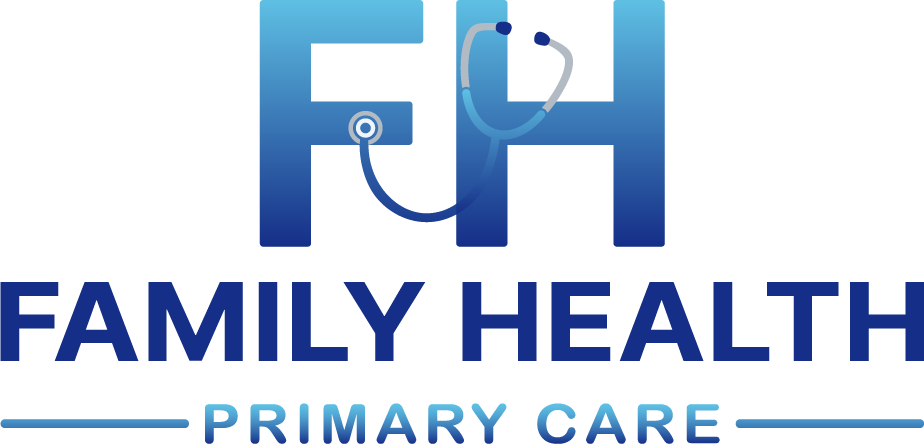
Introduction
Preventive care is one of the most important ways to keep your family healthy. Regular health screenings can detect problems early, when they are easier to treat, and give you peace of mind. At Family Health Primary Care, we encourage patients of age 10 and above to stay on top of their preventive health visits. Here are 10 essential screenings every family should know about.
1. Annual Physical Exam
A yearly checkup with your primary care provider helps monitor your overall health, update vaccinations, and catch small issues before they become big concerns.
2. Blood Pressure Screening
High blood pressure often has no symptoms but increases the risk of heart disease and stroke. Adults should have their blood pressure checked at least once a year.
3. Cholesterol Test
High cholesterol can contribute to heart disease. Adults over 20 should have their cholesterol tested every 4–6 years, or more often if they have risk factors.
4. Diabetes Screening
A simple blood sugar test can detect prediabetes or diabetes early. Screening usually begins at age 35, but may be recommended sooner if you have risk factors like obesity or family history.
5. Cancer Screenings
- Breast Cancer (Mammograms): Women should start regular screenings at 40–50, depending on risk factors.
- Cervical Cancer (Pap Smear): Recommended every 3 years starting at age 21.
- Colorectal Cancer (Colonoscopy): Screening begins at age 45.
- Prostate Cancer: Discuss with your doctor starting at age 50, or earlier if at higher risk.
6. Immunizations & Vaccines
Vaccinations protect against serious diseases. From childhood immunizations to adult boosters (like flu shots, shingles, and COVID-19 vaccines), staying current is essential.
7. BMI & Weight Check
Maintaining a healthy weight helps reduce the risk of chronic diseases. Your provider can help set realistic goals and provide nutrition and exercise guidance.
8. Osteoporosis Screening
Women over 65, and men with risk factors, should have bone density tests to prevent fractures and detect osteoporosis early.
9. Vision & Hearing Tests
Children should have regular vision and hearing screenings to support learning and development. Adults should also check eyesight and hearing as they age.
10. Mental Health Screening
Emotional well-being is just as important as physical health. Screenings for depression, anxiety, and stress management help families thrive.
Conclusion
Preventive health screenings are an investment in your family’s future. By scheduling regular checkups and staying up to date on recommended tests, you can catch potential issues early and keep your loved ones healthy.
👉 Ready to take charge of your health? Schedule an Appointment today at Family Health Primary Care and let us help you stay on track with preventive care.









Most Commented